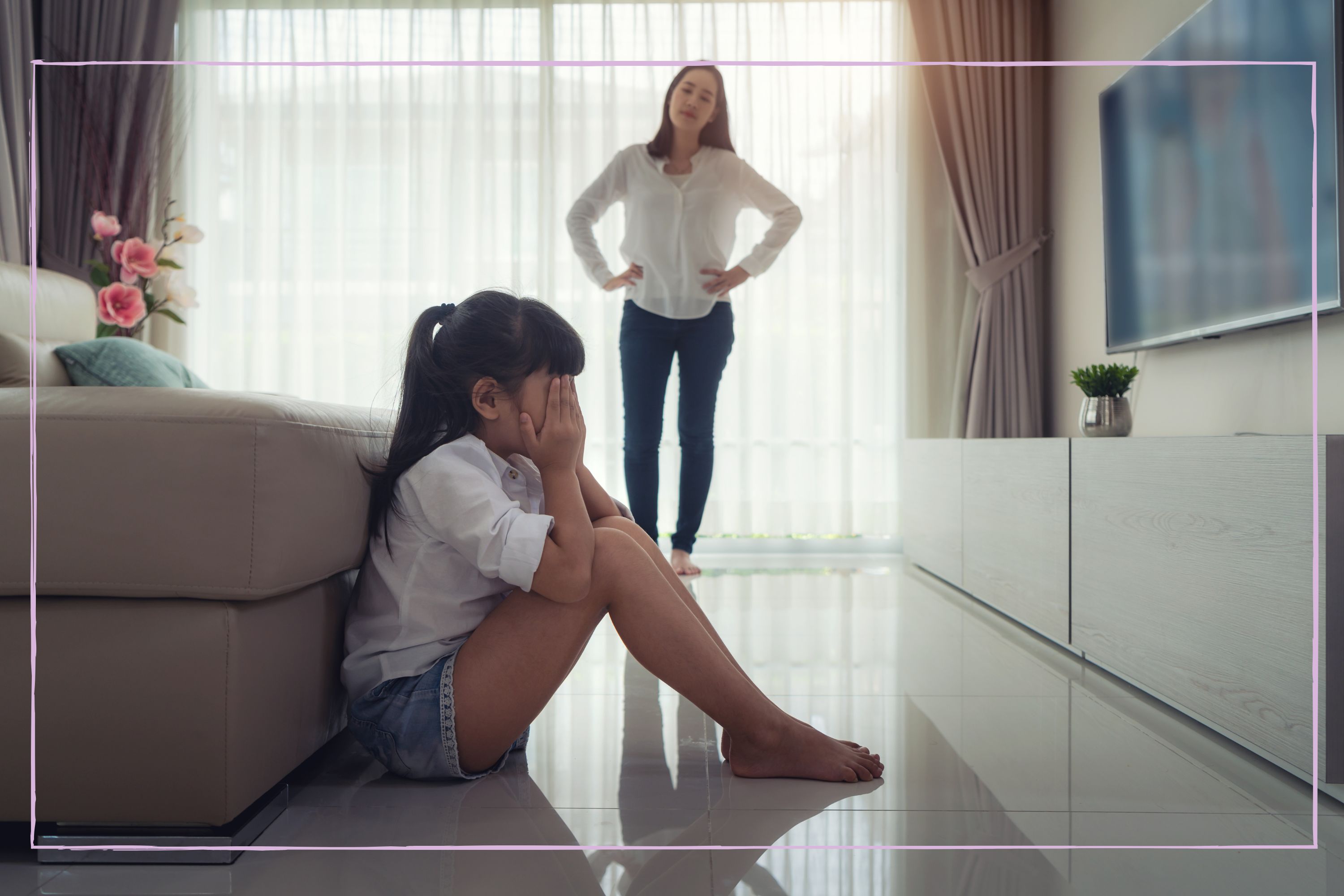"Imagine being asked to speak Spanish if you don't speak it" - here are five phrases to avoid if your kid is mid-meltdown, according to a psychotherapist
Dealing with a meltdown should be a little easier with this advice

Parenting advice, hot topics, best buys and family finance tips delivered straight to your inbox.
You are now subscribed
Your newsletter sign-up was successful
A psychotherapist has shared the five parenting phrases you should not say to your child when they are in the middle of a meltdown and avoiding them should make dealing with a tantrum that little bit easier.
It doesn't matter how old your child is, when their emotions get the better of them, a meltdown is always hard to deal with. Whether you're struggling with school run meltdowns or navigating how to parent an anger-prone child, everyone has experienced the trouble of trying, and frustratingly failing, to calm down a child.
To help, a psychotherapist has taken to Instagram to shed some light on the things not to say to your child when they're in the midst of a meltdown and many of them are phrases we often think of as harmless and even helpful.
Zara Kadir, known online as the.therapy.shed, shared five phrases to Instagram, explaining exactly why they are not useful things to say. The first is, "Use your words.
"Imagine being asked to speak Spanish if you don't speak is," Kadir says. "This is basically what you're asking of your child. A dysregulated brain cannot access an emotional vocabulary."
The second phrase is the classic, "Take a deep breath. Following this instruction requires self-regulation which your child most likely developmentally cannot do," the expert explains.
"I can't understand you until you're calm," is another phrase Kadir recommends to avoid. "This implies your child is making a choice to behave this way when they absolutely are not making conscious choices!"
Parenting advice, hot topics, best buys and family finance tips delivered straight to your inbox.
A post shared by Zara Kadir (@the.therapy.shed)
A photo posted by on
The fourth phrase we're removing from our vocabulary is "Relax, it's not a big deal." As Kadir says, "It is to them, it's also quite possible that what just happened was the straw that broke the camels back."
Finally, we're also ditching the phrase, "'Well, that's what happens when you don't listen.' This is salt in the wound, if your child has hurt themselves or broken something, they've encountered the natural consequence of their actions and need you to support them."
The theory behind Kadir's recommendations is that an emotionally-charged child cannot 'think rationally' or 'self-soothe' and needs a parent to be 'calm and understanding' in order for them to feel heard and safe.
"When children are experiencing big feelings they aren't able to self-soothe or think rationally. This is not the moment to teach," she urges. "This is the moment to co-regulate by bringing your calm and understanding."
For more parenting advice and family news, keep up to date with pieces like 15 subtle ways your child expresses anxiety that you might have missed, and how to manage it flawlessly according to a therapist mum and telling your kids white lies to spare their feelings could backfire, according to science, as well as two thirds of parents notice negative effects of screen time on their children - here's how make it more positive.
Charlie Elizabeth Culverhouse is a news writer for Goodtoknow, specialising in family content. She began her freelance journalism career after graduating from Nottingham Trent University with an MA in Magazine Journalism, receiving an NCTJ diploma, and earning a First Class BA (Hons) in Journalism at the British and Irish Modern Music Institute. She has also worked with BBC Good Food and The Independent.